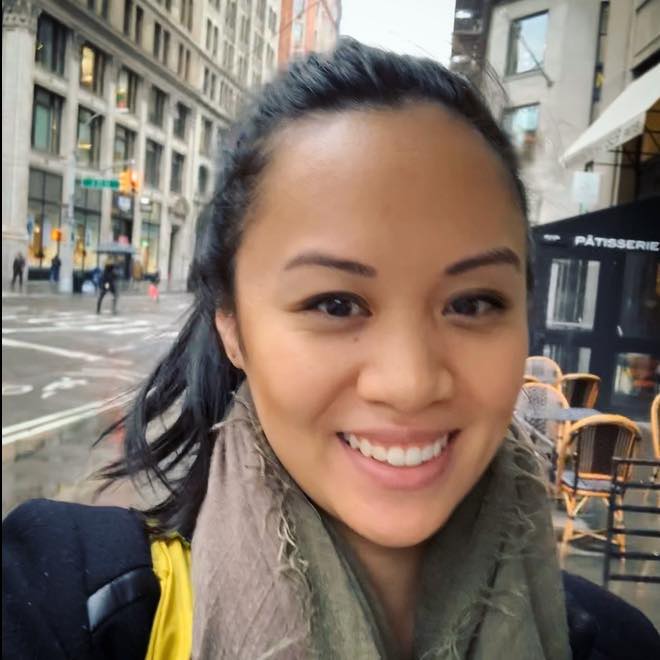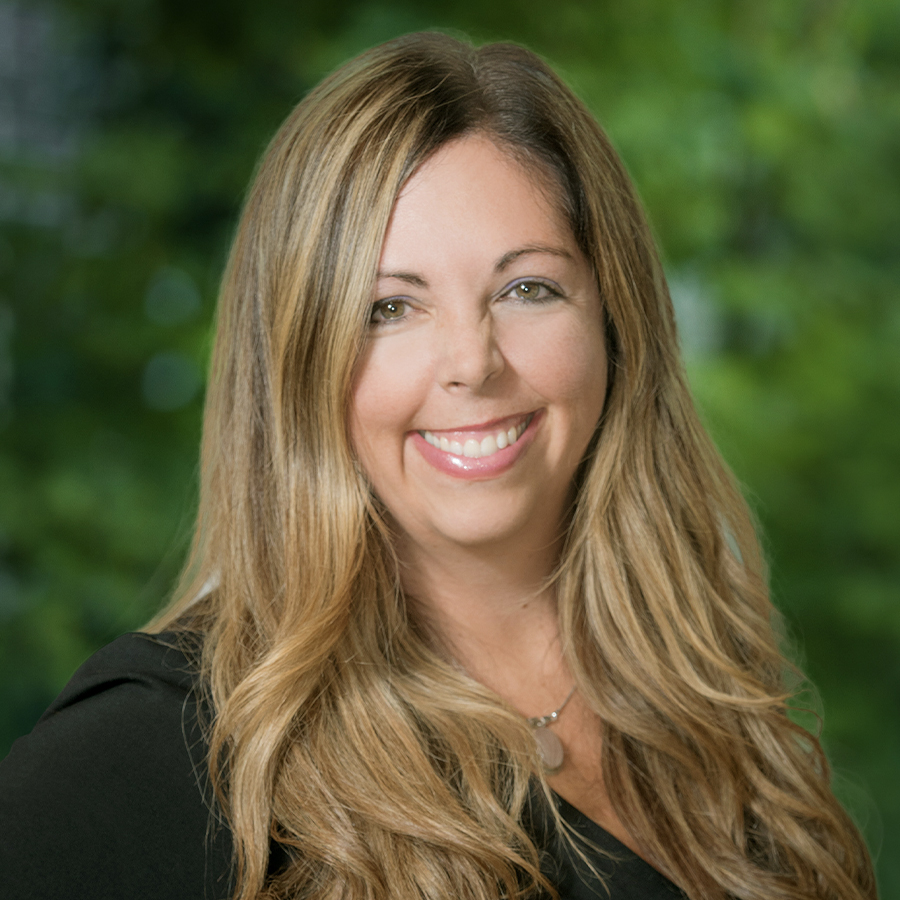“I’ve just come back from the International Association for Youth Mental Health Conference, and climate change was by far the biggest, boldest topic. Young people were practically screaming it at researchers, but no one was doing anything about it,” reflected Advancing Health Scientist Dr. Skye Barbic. “I went in there like ‘I’m not a climate change researcher’ and came back out thinking ‘I have to become a climate change researcher.’ We all have to become climate change researchers.”
Coincidentally, Dr. Barbic and her colleagues from Foundry had been hard at work writing a paper, recently published in Psychiatric Services, looking at how natural disasters, and other unforeseen events, affect the accessibility and provision of youth support services.

Led by Amanda Kwan, a research coordinator in the Department of Occupational Science and Occupational Therapy at UBC, the paper focused on the work of Foundry Penticton, which services a community at the centre of several natural disasters in 2021. While the province continued to navigate the COVID-19 pandemic, B.C. experienced the third worst wildfire season on record followed shortly by devastating flooding that displaced almost 15,000 people.
“Last year, this important small community of Penticton was suddenly hosting residents of Princeton and Merritt; all these people who were displaced because of the floods. You didn’t hear much about that in the media,” said Dr. Barbic, Head Scientist at Foundry and Assistant Professor in the Department of Occupational Science and Occupational Therapy at UBC. “As well as physically accommodating these residents, you have to think about how health outcomes, experiences, and access to resources, including employment resources, have been impacted.”
She emphasizes that there is an important lesson to learn from these awful events: They don’t just affect big cities and busy hubs.
“We need to consider how voices of smaller communities are brought forward in research and listen to them to help find solutions,” Dr. Barbic said.
Caring for the community
Foundry Penticton is an integrated youth service for young people ages 12–24, offering free and confidential support services for substance use, mental health, physical and sexual health care, education, work, and much more. With adverse weather events in 2021, compounded by COVID-19, Foundry Penticton had to adapt to continue providing their support services to local youth, as well as new residents who had been displaced from their usual home area.
With support from a 2017 CIHR-funded grant, Foundry Penticton debuted the Foundry Work and Education(FWE) program, which aims to help increase the health and wellness of youth by supporting them in doing the things that they want to do.

“Anybody who is aged 15–24 who is experiencing multiple barriers to work, school, or training can access the FWE program,” explained Dr. Barbic. “You can access it in person at 12 different Foundry sites across the province or online, removing that accessibility barrier in the event of a climate emergency or simply not having transit available.”
The program sits within Foundry Penticton’s enhanced, integrated service offering. This integrated offering acknowledges that young people have a multitude of things going on in their lives and allows them to seamlessly access care across a range of areas regardless of who they spoke to first.
Amanda and Dr. Barbic’s paper illustrates a perfect example of this: A young person enters Foundry Penticton to seek housing support, as they can no longer keep up with their rent after losing their job due to COVID-19. In addition to providing advice, the housing advisor walks the young person to a nearby room to get employment support from a FWE specialist. Shortly, the young person is back on their feet with a great job and rent paid, but then wildfire season hits and their mental health deteriorates. This is noticed by the FWE specialist, who then introduces them to a counsellor just down the corridor.
“Most people only want to tell their story once, so part of the Foundry model is getting that information at the start and keeping it in a secure, centralized system,” said Dr. Barbic. “Young people move around and many aren’t trying to find their ‘forever job’ at 18, so we try to ensure flexibility in the programming and across services. Our system enables support providers to act across communities of practice and work together across centres, so there’s not a completely different experience at different centres – there’s some familiarity to it.”
Adapting to the “new norm”
It’s perhaps safe to say that the new norm is really anything but normal. As we can’t predict what tomorrow holds, we need to continuously learn, innovate, and adapt to the environment we live in today.
Foundry and the new FWE program already show great strength in adaptation, supporting many youth in Penticton and connecting service providers at different Foundry centres to facilitate the sharing of knowledge and resources. However, in their publication, Amanda and Dr. Barbic note that more needs to be done.
There is a critical need to tailor the program to local contexts, while creating more opportunities to ‘build staff and program capacity to ensure health care and social services can continue to serve youth populations across diverse contexts and needs.’ With data on FWE and its place in an integrated support system being presented to the government soon, it is hoped that this customized programming will be available in even more Foundry centres in the not-too-distant future.
Looking for support?
“Foundry really embodies [the] idea that anyone you talk to when you walk in, is the right person. They are really good at that integration,” said Amanda. “Anywhere you go within Foundry is the right place. You can even start online or there is the new app where you can explore some of the services that are offered.”
Dr. Barbic added, “Whether it’s the phone, online, in person – there are options in your community and just being brave and accessing one of those options is the first step. The province is working hard to make sure there is someone there to support you.”
You can find a variety of resources related to this article below. If you need urgent help, you can call the Foundry crisis line at 1-800-784-2433 or message Kids Help Phone by texting CONNECT to 686868. In the event of an emergency, such as experiencing suicidal thoughts or an overdose, call 911.
- Foundry offers young people ages 12–24 health and wellness resources, services, and supports: https://foundrybc.ca
- Work BC can help you find work, plan your career and education, learn new skills, and more, whatever your age: https://www.workbc.ca
- The Canadian Mental Health Association provides advocacy, programs, and resources that prevent mental health problems and illnesses, and support recovery: https://cmha.ca



